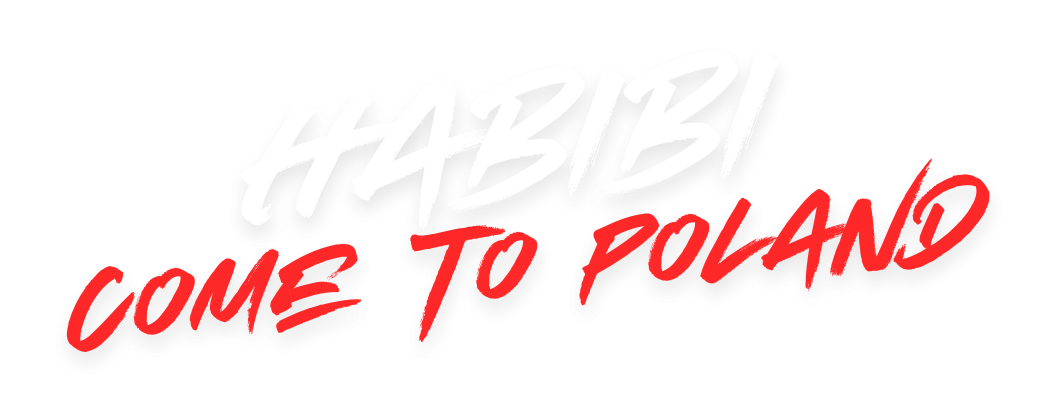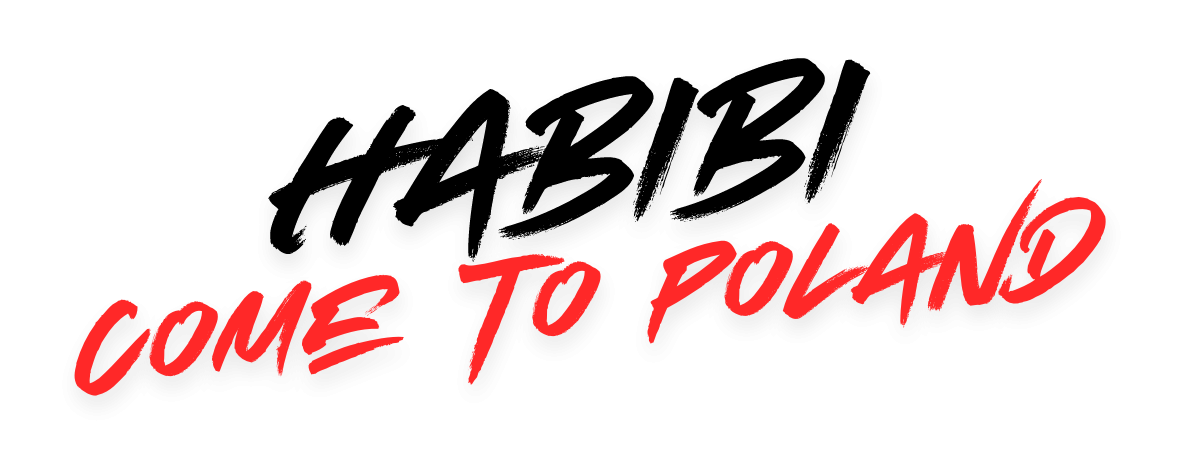Welcome to Poland! If you’re planning a trip to the heart of Europe, you’re in the right place. Poland is a country rich in history, diverse landscapes, and fascinating culture. This guide will provide you with all the essential information to make your journey an unforgettable experience.
Table of Contents
1. Introduction
2. Major Cities and Regions
• Warsaw
• Krakow
• Gdańsk
• Wrocław
• Zakopane and the Tatra Mountains
• Masuria
• International and Domestic Flights
• Rail Travel
• Long-Distance Buses
• Public Transport
• Car Rental
• City Bikes
• Currency and Payments
• Language
• Accommodation
• Polish Cuisine
• Safety
• Climate and Weather
• Visas and Documents
• Culture and Customs
• Internet and Communication
• Health
• Festivals and Cultural Events
• Outdoor Activities
• Nightlife
6. Budget Tips
7. Conclusion
Introduction
Poland, located in the heart of Europe, is a country of contrasts where modernity meets tradition. From vibrant cities to picturesque countryside landscapes, there’s something for everyone. Poland offers a wealth of experiences: historic castles, beautiful Baltic beaches, majestic mountains, and thousands of lakes.
Major Cities and Regions
Warsaw
The capital of Poland, rebuilt from ruins after World War II, is a symbol of resilience and renewal. Warsaw blends modern architecture with historical sites.
• Attractions:
• Old Town: A UNESCO World Heritage site featuring the Royal Castle and Sigismund’s Column.
• Palace of Culture and Science: An iconic building with a viewing terrace.
• Warsaw Uprising Museum: Interactive exhibits commemorating the 1944 uprising.
Krakow
Formerly the capital of Poland, Krakow enchants with its well-preserved medieval center and artistic atmosphere.
• Attractions:
• Main Market Square: The largest medieval town square in Europe.
• Wawel Royal Castle: The coronation site of Polish kings.
• Kazimierz: Historic Jewish quarter with charming streets.
Gdańsk
A port city on the Baltic Sea with a rich maritime history and architecture.
• Attractions:
• Long Market (Długi Targ): A vibrant street with Neptune’s Fountain.
• The Crane (Żuraw): A medieval port crane.
• Museum of the Second World War: Modern museum with interactive exhibits.
Wrocław
Known as the “City of a Hundred Bridges,” Wrocław boasts unique architecture and a lively cultural scene.
• Attractions:
• Market Square (Rynek): Surrounded by colorful townhouses.
• Cathedral Island (Ostrów Tumski): The oldest part of the city with a stunning cathedral.
• Panorama of the Battle of Racławice: A monumental cycloramic painting.
Zakopane and the Tatra Mountains
Zakopane is the capital of the Polish Tatras, ideal for mountain lovers and winter sports enthusiasts.
• Attractions:
• Krupówki Street: Main pedestrian area with regional shops and restaurants.
• Hiking Trails: To Morskie Oko lake, Giewont peak, and more.
• Ski Jumps: Venue for prestigious ski jumping competitions.
Masuria
The land of a thousand lakes, perfect for sailing, kayaking, and fishing enthusiasts.
• Attractions:
• Lake Śniardwy: The largest lake in Poland.
• Giżycko: The sailing capital of Poland.
• Wolf’s Lair (Wilczy Szaniec): Hitler’s wartime headquarters.
Transportation
International and Domestic Flights
• Main Airports:
• Warsaw Chopin Airport
• Kraków John Paul II International Airport
• Gdańsk Lech Wałęsa Airport
• Airlines: LOT Polish Airlines, Ryanair, Wizz Air.
• Tips:
• Book tickets in advance for better prices.
• Check connections between airports and city centers (trains, buses, taxis).
Rail Travel
• Operator: PKP (Polish State Railways).
• Train Types:
• Pendolino (EIP): Fastest connections between major cities.
• InterCity (IC): Comfortable and fast.
• TLK: Cheaper but slower options.
• Ticket Purchase:
• Online at PKP Intercity website.
• At station ticket offices.
• Onboard from the conductor (may be more expensive).
Long-Distance Buses
• Companies:
• FlixBus
• Polonus
• Sindbad
• Advantages:
• More connections to smaller towns.
• Often cheaper than trains.
• Ticket Purchase:
• Online on carriers’ websites.
• At sales offices and bus stations.
Public Transport
• Modes:
• Buses
• Trams
• Metro (only in Warsaw)
• Tickets:
• Single-ride, time-based (20, 40, 60 minutes), day passes.
• Available at ticket machines, kiosks, mobile apps.
• Navigation Apps:
• JakDojadę
• Google Maps
Car Rental
• Requirements:
• Valid driver’s license (international for some non-EU countries).
• Credit card in the driver’s name.
• Companies:
• International: Avis, Hertz, Europcar.
• Local: Panek, Express.
• Tips:
• Check policies on deposits and insurance.
• Be aware of speed limits and traffic regulations.
City Bikes
• Systems in Major Cities:
• Veturilo in Warsaw
• Wavelo in Krakow
• How to Use:
• Register online or at a terminal.
• Fees based on usage time (often free for first 20 minutes).
Practical Tips
Currency and Payments
• Currency: Polish Złoty (PLN).
• Exchange Rate: 1 EUR ≈ 4.5 PLN (check current rates).
• Payments:
• Credit and debit cards widely accepted.
• ATMs available in cities and towns.
• Tips:
• Avoid currency exchange at airports due to unfavorable rates.
• Use exchange offices (kantor) or banks in city centers.
Language
• Official Language: Polish.
• English Proficiency:
• Common in cities and among younger people.
• May be limited in smaller towns.
• Useful Phrases:
• Dzień dobry – Good morning/afternoon
• Dziękuję – Thank you
• Przepraszam – Excuse me/Sorry
• Translation Apps:
• Google Translate (with offline functionality).
Accommodation
• Options:
• Hotels: From luxury to budget-friendly.
• Hostels: Affordable, often with private and shared rooms.
• Apartments and Airbnb: For more independence.
• Tips:
• Book in advance during tourist season (May-September).
• Check reviews and location before booking.
Polish Cuisine
• Traditional Dishes:
• Pierogi: Dumplings with various fillings.
• Bigos: Stewed cabbage with meat.
• Żurek: Sour rye soup with sausage.
• Desserts:
• Sernik: Polish cheesecake.
• Makowiec: Poppy seed cake.
• Drinks:
• Kompot: Fruit-based drink.
• Beer: Popular brands include Żywiec, Tyskie, Lech.
• Tips:
• Visit milk bars (bar mleczny) for an authentic experience.
Safety
• Generally a safe country for tourists.
• Tips:
• Be cautious in crowded places (pickpockets).
• Use only licensed taxis.
• In case of emergency, contact police (emergency number 112).
Climate and Weather
• Spring (March-May): Variable weather, temperatures 5-15°C.
• Summer (June-August): Warm, 20-30°C, sometimes hot.
• Autumn (September-November): Cool, 5-15°C, colorful foliage.
• Winter (December-February): Cold to freezing, -5 to 5°C, snow in mountains.
• Tips:
• Pack according to the season.
• Remember an umbrella or raincoat.
Visas and Documents
• EU/EEA/Swiss Citizens:
• Entry with ID card or passport.
• Citizens of Other Countries:
• Check visa requirements on the Ministry of Foreign Affairs website.
• Tips:
• Ensure your passport is valid for at least 6 months from entry date.
• Carry copies of your identification documents.
Culture and Customs
• Etiquette:
• Handshake is the standard greeting.
• Punctuality is valued.
• Holidays and Public Days Off:
• Christmas (December 25-26)
• Easter (movable date)
• Independence Day (November 11)
• Tips:
• Shops and offices may be closed on holidays.
• Respect places of worship (appropriate attire).
Internet and Communication
• Wi-Fi:
• Available in hotels, restaurants, cafes.
• SIM Cards:
• Operators: Orange, Play, T-Mobile, Plus.
• Available at kiosks, operator stores.
• Tips:
• Purchase a local SIM card for cheap internet and calls.
Health
• Insurance:
• European Health Insurance Card (EHIC) for EU citizens.
• Private insurance for others.
• Medical Care:
• Public and private medical facilities.
• Pharmacies are common; 24-hour pharmacies in larger cities.
• Tips:
• Bring basic medications and first aid supplies.
• In emergencies, dial 112.
Attractions and Activities
Festivals and Cultural Events
• Open’er Festival (Gdynia): June/July, international music.
• Jewish Culture Festival (Krakow): June, cultural events.
• St. Dominic’s Fair (Gdańsk): August, markets and concerts.
Outdoor Activities
• Mountains: Tatra, Bieszczady, Karkonosze – hiking, skiing.
• Lakes: Masuria – sailing, kayaking.
• Coastline: Baltic beaches – sunbathing, water sports.
Nightlife
• Warsaw: Clubs on Mazowiecka Street, bars in Powiśle district.
• Krakow: Underground pubs in the Old Town, clubs in Kazimierz.
• Sopot: Beach clubs, Monte Cassino promenade.
Budget Tips
• Cost of Living:
• Accommodation: Hostels from 50 PLN, mid-range hotels 150-300 PLN.
• Food: Restaurant meal from 30 PLN, milk bar meal 15 PLN.
• Transport: Public transport ticket 4-6 PLN, taxis from 2 PLN/km.
• Saving Money:
• Tourist Cards: Discounts on attractions and transport (e.g., Krakow Card).
• Free Attractions: Museums on specific days, parks, outdoor events.
• Shopping: Markets and bazaars offer cheaper products and souvenirs.
Conclusion
Poland is a country full of surprises and diversity. Whether you’re a history buff, nature enthusiast, foodie, or adventure seeker, there’s something here for you. We hope this guide helps you plan the perfect trip and discover all the treasures Poland has to offer.
Wishing you a wonderful journey!
Do you have questions or need additional information? Leave a comment below, and we’ll be happy to help. Don’t forget to subscribe to our newsletter to receive the latest tips and updates on traveling in Poland.



0 Comment